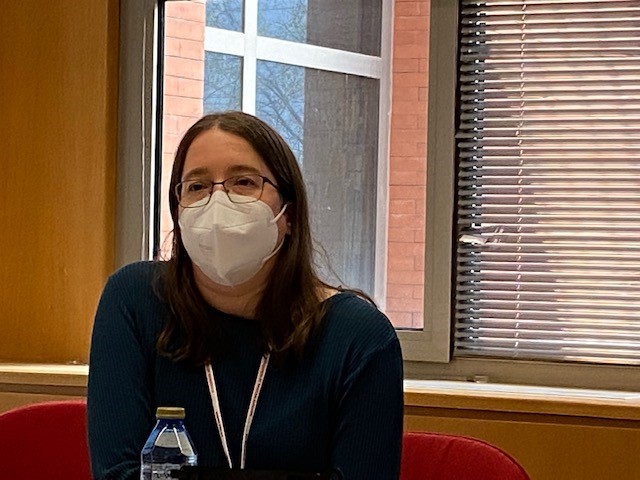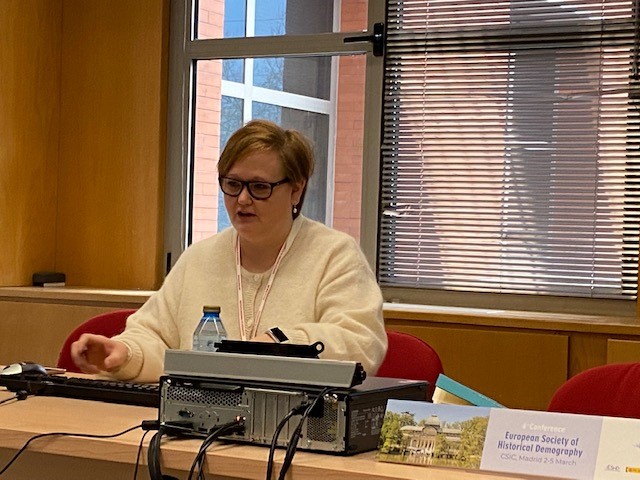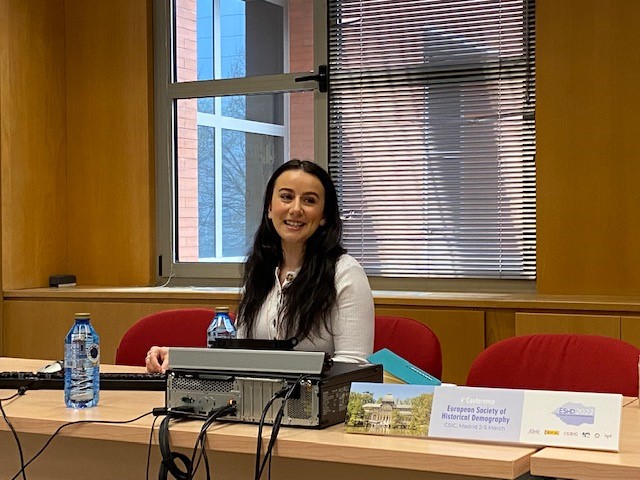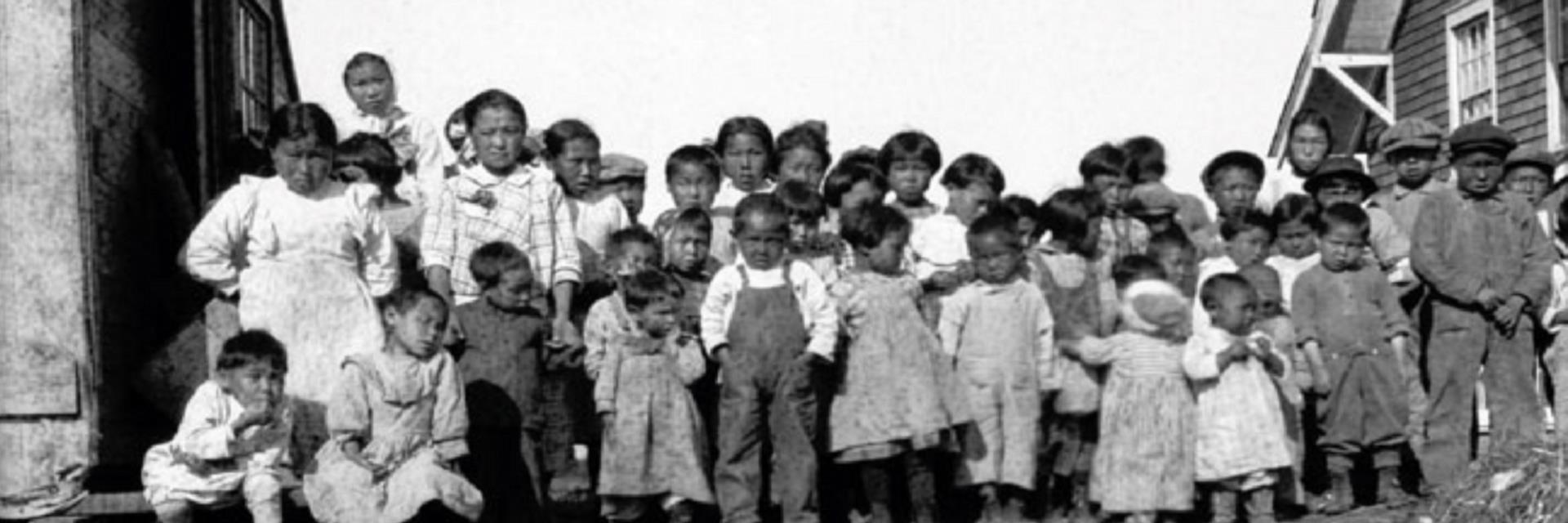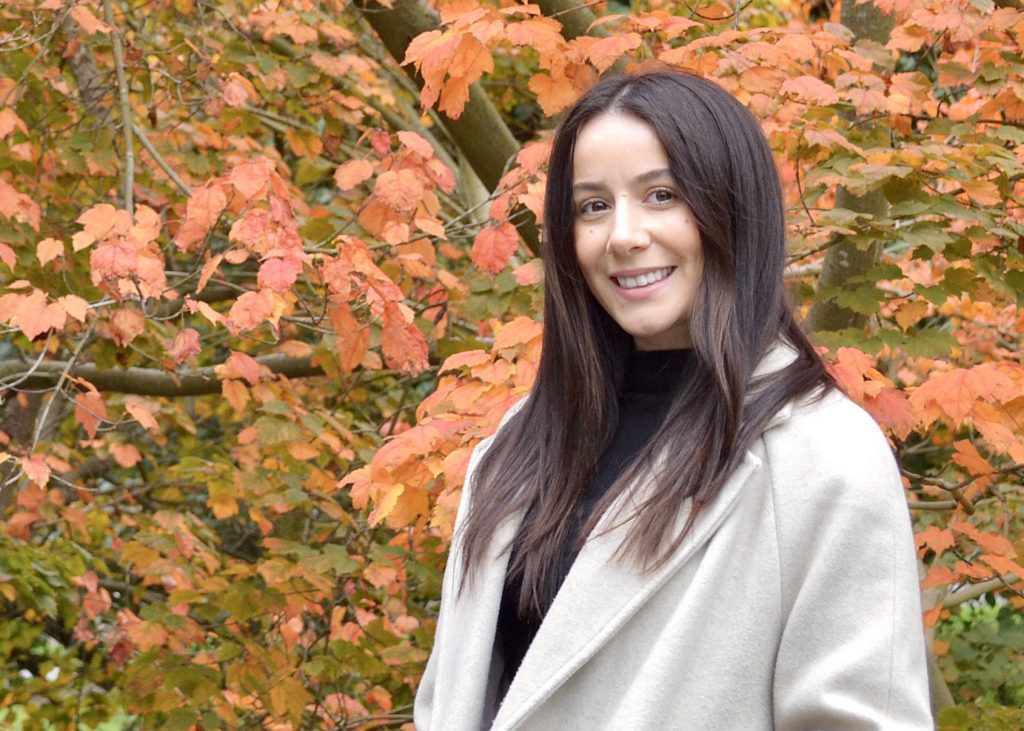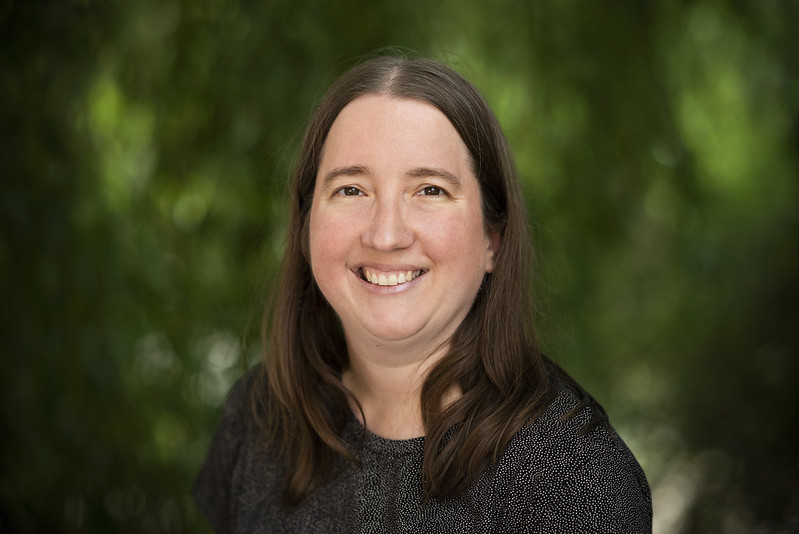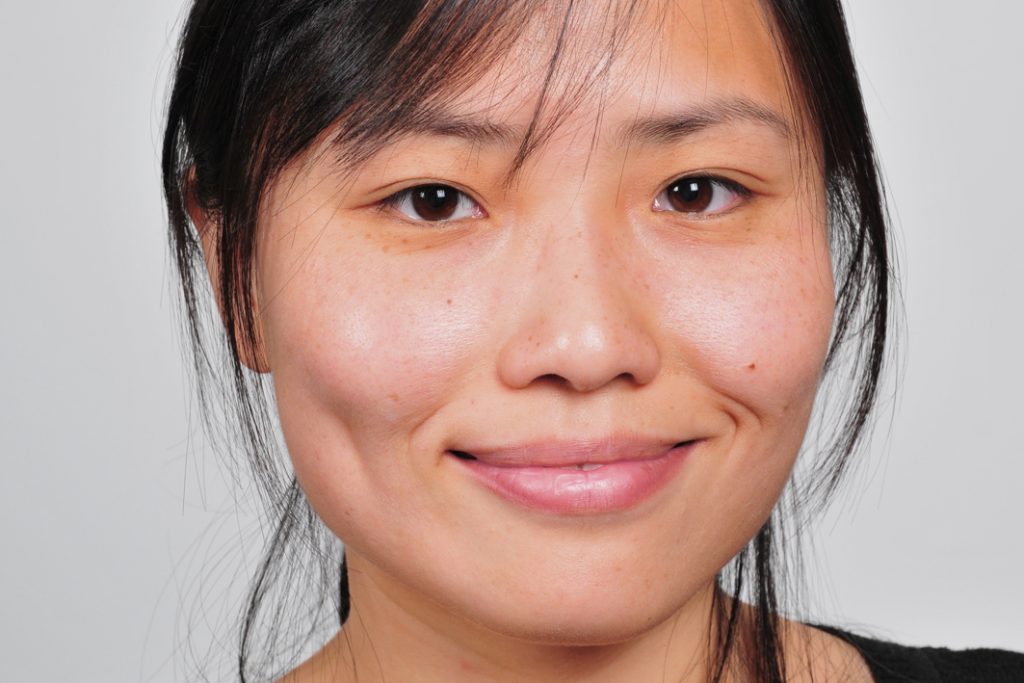Call for Papers: Indigenous Peoples & Pandemics conference

Pandemics are a pressing global threat to human life and security, and they have especially serious impacts on Indigenous people throughout the world.
The Centre for Advanced Study (CAS) funded project Social Science Meets Biology: Indigenous People and Severe Influenza Outcomes, to be held from August 2022 to June 2023, will bring together interdisciplinary researchers from PANSOC and other international institutions to foster conversations that integrate medical, epidemiological and social perspectives in order to increase understanding of Indigenous experiences when faced with pandemic diseases and better appreciate the diversity of pandemic consequences faced by Indigenous vs. non-Indigenous peoples.
The project will also seek to identify policies to improve prevention and control of pandemics with a particular focus on lessoning their impacts of Indigenous peoples and recommending future research priorities in this area.
As part of this project, a conference will be held in Oslo 15-16 May 2023. Read the call for papers here: Indigenous Peoples & Pandemics conference – CAS

